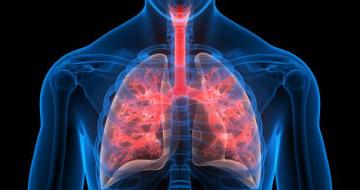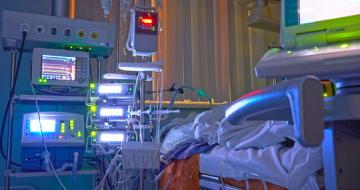General Cardiology
General Cardiology fellowships provide comprehensive training in the diagnosis, treatment, and prevention of cardiovascular diseases, equipping physicians with expertise in managing heart-related conditions.


Our categorical track is a three-year program that trains outstanding internists who will excel in careers in hospital medicine, subspecialty fellowships and primary care. Our residents split their time between Carilion Roanoke Memorial Hospital and the Salem VA Medical Center for both inpatient and outpatient training. The categorical track is scheduled using the X+Y scheduling format explained below. Our PGY1 curriculum allows interns the opportunity to develop the foundational skills required to be competent internists. The PGY2 curriculum is designed with subspecialty experiences and scholarship in mind. The PGY3 curriculum is focused on leadership training and preparation for independent practice. The second and third years of training allow for significant opportunities to customize schedules based on future goals and clinical interests. Our program continues to require/emphasize procedural competence for graduation.
Our preliminary track is a one-year program that precedes entry into advanced specialty programs. We offer a broad Internal Medicine curriculum that is specifically tailored toward a resident's future career path. Electives are structured with a resident's destination residency in mind. Our preliminary residents are scheduled on a 13, four-week block system that does not include continuity clinic. This affords prelim residents 10 to 11 weeks of additional elective opportunity to ensure a broad base of medical knowledge before entering subspecialty training.


General Cardiology fellowships provide comprehensive training in the diagnosis, treatment, and prevention of cardiovascular diseases, equipping physicians with expertise in managing heart-related conditions.

Interventional Cardiology fellowships focus on advanced catheter-based techniques to treat cardiovascular diseases, including procedures such as angioplasty and stent placement.

Structural Cardiology fellowships specialize in the diagnosis and minimally invasive treatment of structural heart diseases, such as valve disorders and congenital heart defects.

Addiction Medicine fellowships train physicians in the prevention, evaluation, diagnosis, and treatment of substance use disorders and co-occurring medical and psychiatric conditions.

Geriatric Medicine fellowships provide specialized training in the care of older adults, addressing complex health issues, geriatric syndromes, and promoting healthy aging.

Hospice and Palliative Medicine fellowships focus on providing compassionate care to patients with serious illnesses, emphasizing symptom management, quality of life, and support for patients and families.

Pulmonary and Critical Care fellowships combine training in respiratory diseases and critical care medicine, preparing physicians to manage lung conditions and critically ill patients in intensive care settings.

Critical Care fellowship provide training in the comprehensive management of critically ill patients with life-threatening conditions, often in intensive care units, focusing on advanced life support and critical care techniques.

Gastroenterology fellowships offer in-depth training in the diagnosis and treatment of diseases of the gastrointestinal tract and liver, including procedures such as endoscopy and colonoscopy.

Infectious Disease fellowships train physicians in the prevention, diagnosis, and treatment of infectious diseases, including the management of complex infections and public health interventions.

Rheumatology fellowships focus on the diagnosis and management of rheumatic diseases and autoimmune conditions, providing expertise in conditions such as arthritis, lupus, and vasculitis.